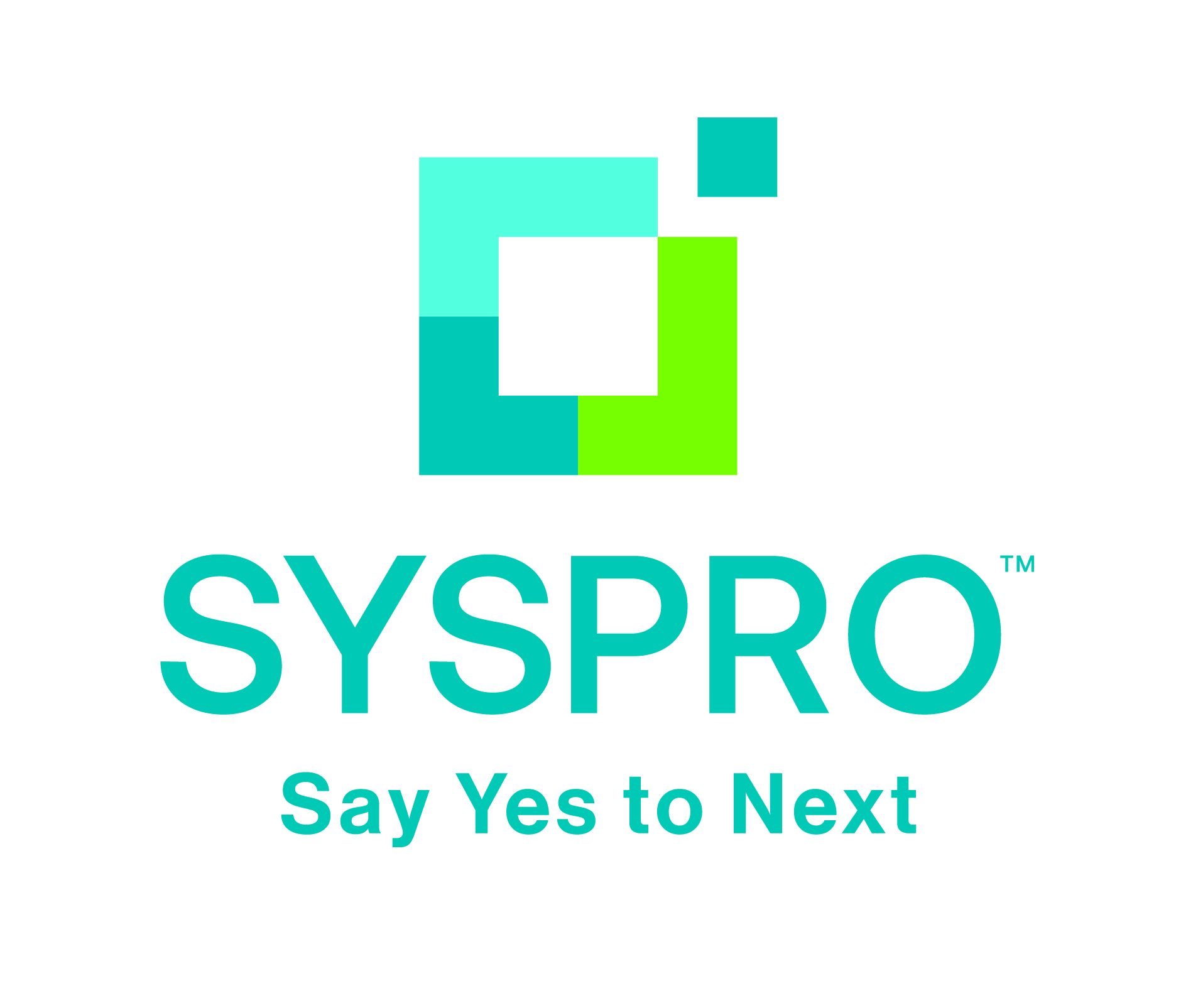Food contamination and product recalls are not a new phenomenon within the Food and Beverage (F&B) industry, with a number of stories making headlines over years. Just last year, Coca-Cola South Africa, the manufacturer of Appetiser, said quality testing revealed that the products were “outside of the acceptable standards,” and six batches of the product were recalled from retailers within South Africa.
The reality is food contamination or quality issues mean product recalls happening more often than most are aware of. The problem is that facing a product recall has the potential to cause long-term damage to organisational and brand reputation of manufacturers and distributors, loss of sales, distribution/listing penalties, and even fines and litigation.
With increased regulations around quality and traceability, efforts to ensure food security, plus consumer buying habit changes during the pandemic, innovation is critical for survival in the food and beverage industry. It’s time for manufacturers to re-examine their facilities and check if they have the right processes and technology in place to handle the challenges they now face. It’s also decision time if inconsistencies are found.
Knowledge is power
In this industry, manufacturers of all sizes must be able to respond quickly and effectively to the recall of products deemed unsafe or just unsuitable for the market. Not doing so can have long-term financial or legal consequences. In the age of social media, a company’s reputation is destroyed in an instant should it not respond appropriately to any food safety issue.
The pressure is on F&B manufacturers to track and identify all ingredient used in their manufacturing process. From receipt of initial ingredient, seed, foodstuff, or raw material, through the entire manufacturing process, to packaging and shipping the end product to the customer is an international trend and imperative.
When it comes to traceability, knowledge really is power. Having the information about where your ingredients came from and how they were farmed can give you the upper hand when catastrophes occur, and a full product recall is needed. Full product traceability is required to identify and isolate all possible sources initially, while swiftly withdrawing all potentially affected batches (and items affected by these batches) from sale and customer shelves while investigating the threat – but still allowing the sale of proven unaffected batches. The role of technology is therefore vital in managing food traceability in a focused, reliable and cost-effective way.
To implement a robust traceability system, different teams must collaborate – procurement, production, quality control, warehouse management, and customer service, plus the software supplier and their support. Together they match appropriate processes – and hence initiate transactions - that identify the materials and items that require traceability and to what extent.
Along with food safety, food quality is a key consumer concern. Supplying items of consistently high quality is vital to maintaining your reputation and building a sustainable business. Monitoring and analysing all of the variables that can influence product quality and generate streams of valuable data – an ERP system can help you identify critical patterns and help mitigate any issues.
Within ERP systems today, continual data collection over time combined with machine learning (ML) fuelling prediction through artificial intelligence (AI), offer additional benefits. Benefits not only boosting overall efficiency and productivity through the supply chain, but also minimising loss and food waste throughout the process, and potentially shortening lead times for bringing new products to market.
Having the ability to respond when a recall is needed
To identify, contain and recover from an unexpected occurrence with speed, for example, requires decision-making abilities that only a relevant industry solution can deliver. With recall functionality and built-in controls to preclude product recalls from happening in the first place, industry-relevant ERP solutions enable companies to better prepare for, prevent and minimise product recall effects, limiting potential damage to the business.
The ability to manage a recall effectively is only as good as your ability to perform traceability backward and forwards through the supply chain. In the event of a food safety incident, it is also vital to be able to both identify the source of the problem quickly and reassure consumers with facts.
F&B producers who are “emergency ready” and completely in control of their Business IT are not only best positioned to meet the regulations of today they also gain the trust and confidence of their customers and business partners, turning a seemingly non-productive business activity into a competitive differentiator that contributes to the success of their businesses.
With the high stakes of food and beverage recalls, companies can no longer afford to only react to safety issues but need effective processes in place to prevent contamination from occurring in the first place. An ERP solution can ensure that prevention, control and traceability are central to all operations by improving quality control measures, reducing contamination risks, and documenting the manufacturing process - all while increasing efficiencies in the organisation.

By Doug Hunter, Manager: Customer and Ecosystem Enablement at SYSPRO Africa




